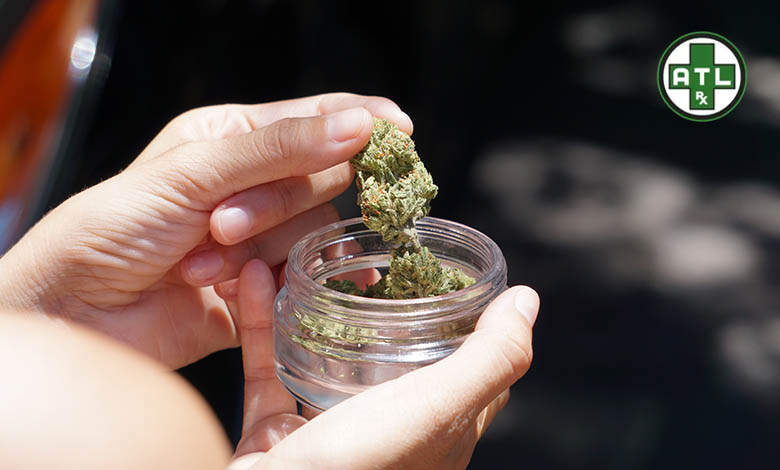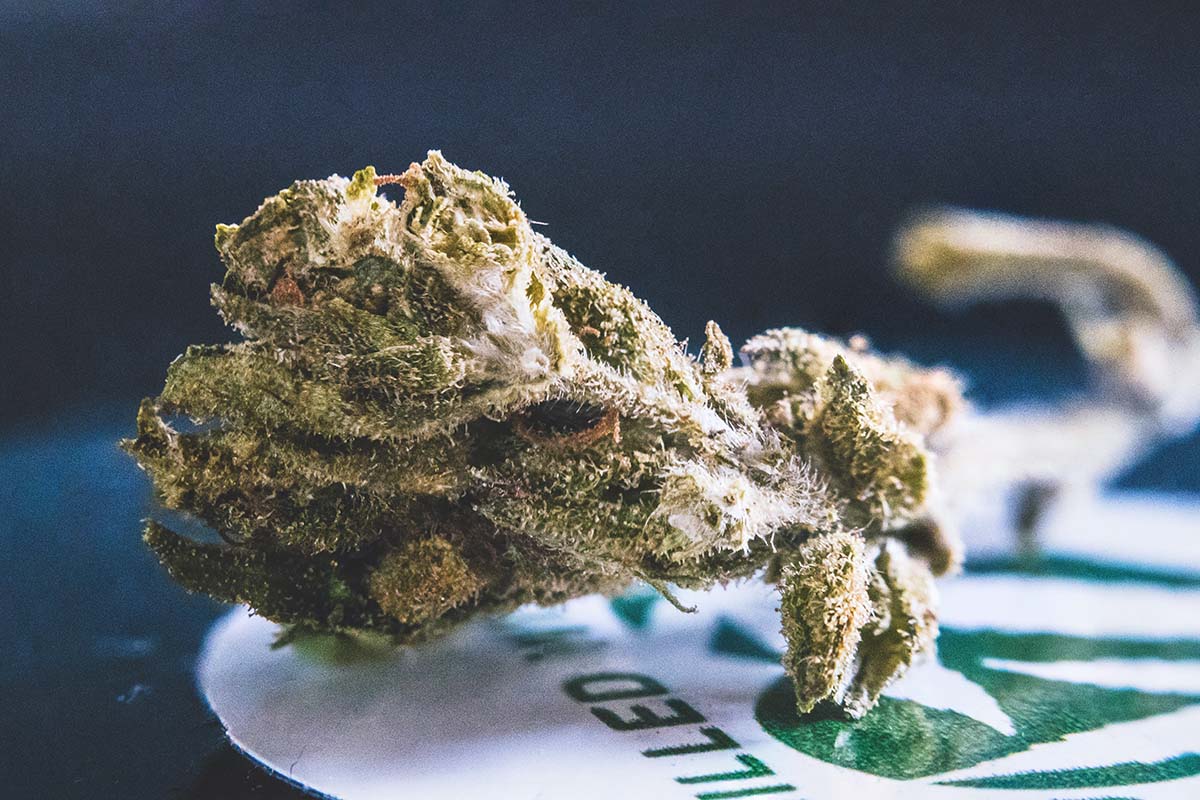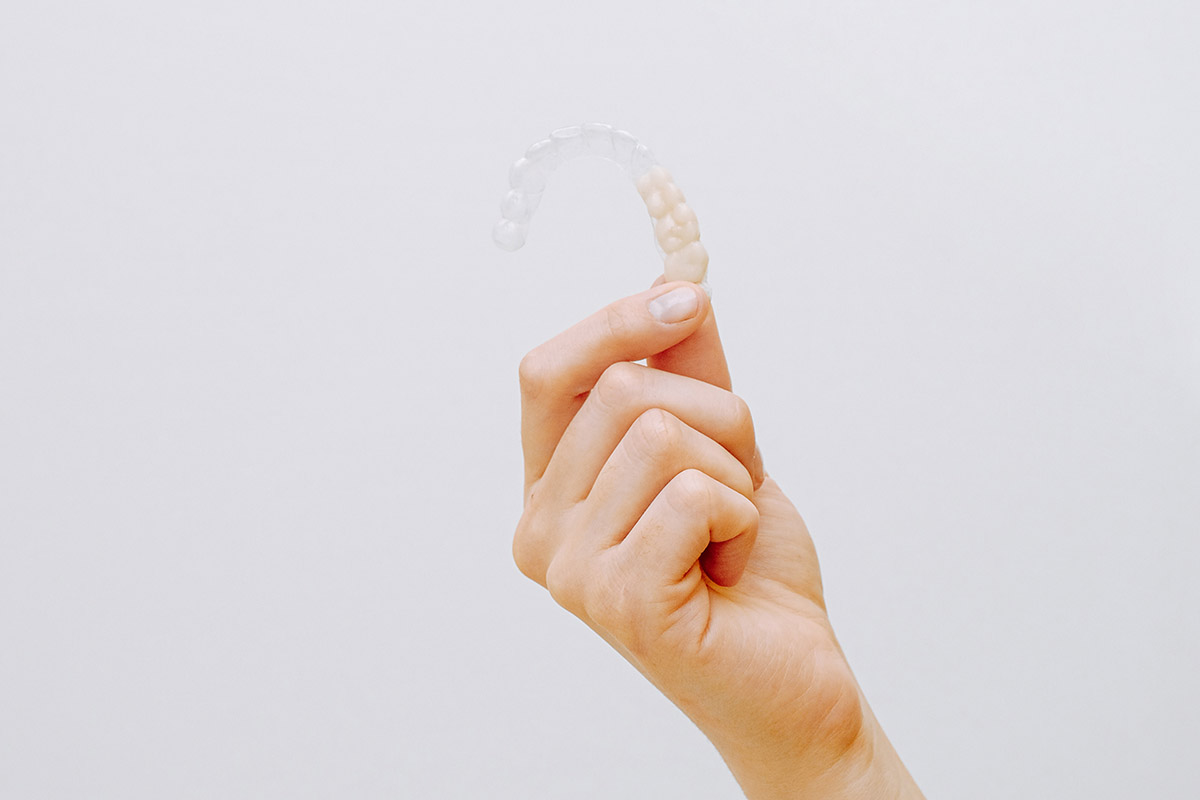CBD Vs. Delta 10 THC: What Are the Differences?
Delta 10 THC is molecularly isolated from the cannabis plant but still maintains many of its medicinal benefits, including the ability to help relieve pain, improve skin conditions, and control/reduce inflammation.
Delta 10 & CBD: Why People Combine Them
People are starting to talk up the benefits of combining delta 10 with CBD products — and with good reason. Delta 10 is a cannabinoid that is slightly more energetic than conventional THC. This makes it a great supplement to use during the day, while at work or university, or before a workout.
Delta 10 THC is an energizing action of delta 9 THC without the psychoactive effects. To understand what Delta 9 THC is, it is necessary first to understand what THC is. THC is the main psychoactive compound found in cannabis. Delta 9 THC is just one of the many different types of THC found in cannabis. Delta 10 THC is another type of THC found in cannabis. However, it is much less common than Delta 9 and is not thought to contribute significantly to the plant’s psychoactive effects.
If you consume THC or have had too much cannabis in the past, our latest aid might be of use. This compact device can be worn on a wristband and emit supersonic waves to calm these effects within minutes of use.
It’s always a good idea to take delta 10 with CBD because of how it feels. It seems like it ties the CBD down to Earth. The energetic benefits are incredible, but feeling a little tense is common. With delta 10 and CBD, you’ll find your energetic self without the tension or anxiety of other products.
In addition to CBD, delta 10 is another cannabinoid that relieves pain and inflammation. Garyn explains how delta 10 THC works alongside CBD with less risk of side effects.
What is Delta 10 THC?
Delta 10 or delta 8 THC, like its counterpart delta 9, is an isomer of THC. The two compounds have the same chemical makeup, but different arrangements. Delta-8-THC has a higher affinity to CB1 receptors and can help stimulate appetite and relieve nausea as opposed to producing the “high” in delta 9.
Cannabis plants naturally produce THC, CBD, and delta 8 or delta 10. Delta 10 THC is the most potent of all cannabinoids, with a 90% higher bioavailability (rate at which your body can absorb it) than other cannabinoids, cannabis-derived or otherwise.
Delta 10 THC is a unique product because it uses an extra step called isomerization in its manufacturing process. This creates a product that contains very little of the harmful chemicals found in other CBD products and will make it as gentle on your body as possible.
Delta-10 THC produces a lightweight, clear oil that can be used in food preparation or skin care. Their unique CO2 extraction process produces high-quality products that are 100% pure and third-party tested for efficacy, purity, and safety. Delta 10 THC for sale is available in ATLRx online store. You can try them.
Delta 9 is the strongest of all the marijuana terpenes. When you inhale, it offers a euphoric high that makes you feel as if you are walking on air. Delta 8 is also psychoactive but less so than delta 9 and 10. As for delta 10, it gives an energetic, creative and optimistic type of high that also doesn’t make you as tired as regular delta 9.
Delta 10 THC, the highest concentration of pure THC, gives you an energetic high like other Sativas, along with increased appetite and creativity. Delta 8 THC is comparable to Indicas, providing pain relief and sedation for muscle spasms, cramps, and PTSD. To know more about Delta 10 THC, try visiting atlrx.com.
What is CBD?
CBD is a cannabinoid found in large quantities in the cannabis plant. Delta 9 THC, also known as delta 9 tetrahydrocannabinol or just THC, is a psychoactive cannabinoid that gives marijuana its mind-altering “high.” It’s well documented that CBD has many medical benefits – but only recently has it edged into the spotlight for its anti-inflammatory, anti-anxiety, and antipsychotic properties.
It is the chief psychoactive cannabinoid found in Cannabis. It is responsible for the feelings of euphoria associated with marijuana use. This means its users have much more research to back up their mighty (and justified) claims, whereas cannabinoid research is still in its infancy.
Cannabidiol is a non-psychoactive compound discovered around 1940 from the cannabis plant. While it isn’t FDA approved (yet), doctors have found that CBD still possesses many of medical benefits without the high.
While THC gets all the glory for its relaxing, mood-elevating effects, CBD also has several therapeutic uses. While it’s been shown to help people who suffer from constipation, depression, anxiety, PTSD, and more, it’s not proven effective against fibromyalgia and other conditions some believe it helps with.
Cannabidiol (CBD) is one of the cannabinoids extracted from the hemp plant, while delta-10 tetrahydrocannabinol (THC) is the main psychoactive component responsible for most of the high caused by marijuana.
CBD Isolate is the purest cannabidiol (CBD) extract from the cannabis plant via a supercritical CO2 extraction process. You will notice this is a dark liquid with a honey-like or light caramel color to it. Due to the manufacturing process, CBD isolate contains little to no THC, giving you the purest product available.
What are the Effects of CBD?
CBD is a non-psychoactive compound found in a variety of plants, and hemp is the most popular source for its naturally occurring CBD. Today, CBD extracted from hemp is the most widely known type of CBD for its versatility and availability.
CBD doesn’t have any mind-altering effects. That means it doesn’t produce a high or change your state of mind like marijuana or other cannabis products. It also won’t affect drug tests the way THC does.
Delta 10 THC is a strain that gives users a deeply relaxing and balanced high. Many people use it to reduce discomfort and stress at the end of a long day or when they’re feeling anxious.
CBD vs. Delta 10: How Does It Work?
The use of natural cannabinoids within the body, known as endocannabinoids, binds to different receptors in the CB1 and CB2 areas of the ECS. These receptors have been traced to the sensation of pleasure, the regulation of pain, and memory function.
CBD and delta 10 THC are both found in the hemp plant, so they work on the ECS in a similar way. However, their effects on the body are notably different—both in how they feel and where they affect you.
Stress, illness, and age can upset the ECS and cause a wide range of symptoms including headaches, sleep disorders, pain, and digestive issues. Through education and proper cannabinoid therapy, we can assist your body’s ECS to maintain homeostasis in your body’s tissues, organs, and glands.
The ECS has many roles, including
- Appetite
- Digestion
- Metabolism
- Chronic pain
- Inflammation
- Immune system responses
- Mood
- Learning
- Memory
- Motor control
- Sleep
- Cardiovascular system
- Muscle formation
- Bone growth
- Liver function
- Reproductive system
- Stress
- Skin and nerve function
Delta 10 THC is a cannabinoid that binds to CB2 receptors. It has anti-inflammatory properties and may be an effective treatment for many conditions. The production of delta 10 THC is increased by the presence of delta 9 THC.





















